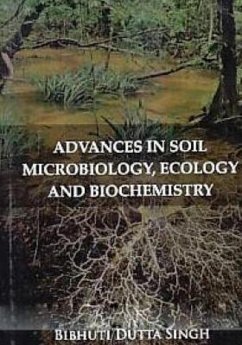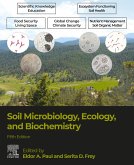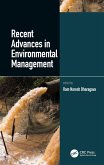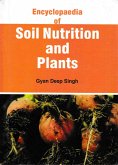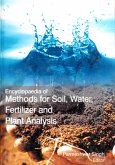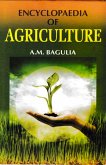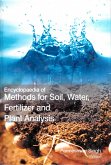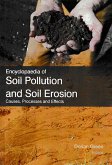Soil is made up of a multitude of physical, chemical, and biological entities, with many interactions occurring among them. Soil is a variable mixture of broken and weathered minerals and decaying organic matter. Together with the proper amounts of air and water, it supplies, in part, sustenance for plants as well as mechanical support. The diversity and abundance of soil life exceeds that of any other ecosystem. Plant establishment, competitiveness, and growth is governed largely by the ecology below-ground, so understanding this system is an essential component of plant sciences and terrestrial ecology. Soil microbiology is the study of organisms in soil, their functions, and how they affect soil properties. Soil can be considered as a tissue, containing mineralogical compounds, organic matter, water and air in which biochemical processes occur. These reactions govern elemental cycles, decomposition and synthesis of humic substances, formation of soil structure and behaviour of a variety of pollutants. This book will be essential for all scientists and students actively involved in natural and environmental sciences and engineering, and for those working in industry, authorities, and consulting companies.
Dieser Download kann aus rechtlichen Gründen nur mit Rechnungsadresse in A, B, BG, CY, CZ, D, DK, EW, E, FIN, F, GR, HR, H, IRL, I, LT, L, LR, M, NL, PL, P, R, S, SLO, SK ausgeliefert werden.

